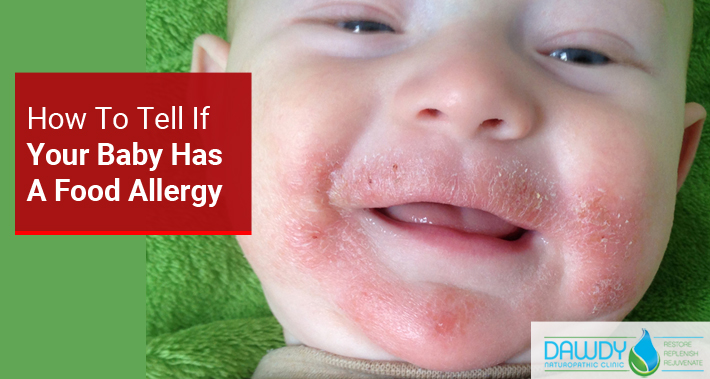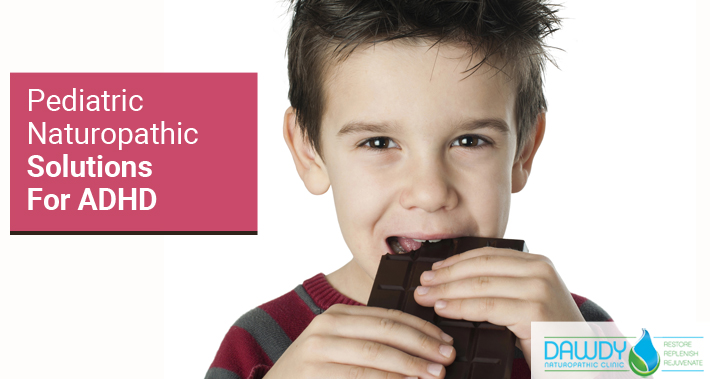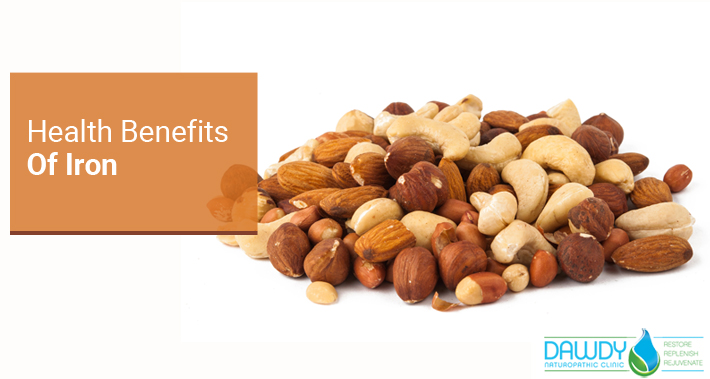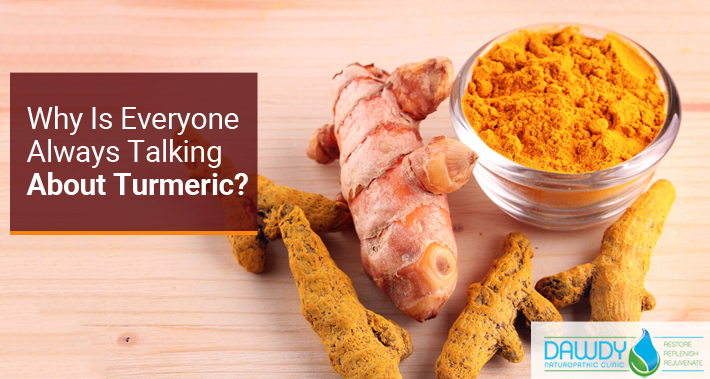How To Tell If Your Baby Has A Food Allergy
We also know that parenthood comes with its own set of challenges, which can be tackled with the help of a pediatric naturopath in Ottawa.
One of those challenges is finding out that your baby is reacting to something they’ve ingested.
It can be scary to see your child not respond well to their food.
If you notice that your baby has a reaction, it’s possible that they could be allergic to that type of food.
But how do allergies present themselves in babies, and what can you do about them?
Keep reading to find out.
What Happens When Your Baby Has A Food Allergy?
When your baby has a food allergy, their immune system reacts to the allergen.
In some cases, it will be a true allergic reaction, which happens within two hours of your baby ingesting the food.
This allergic reaction can result in anaphylaxis, which is a dangerous and potentially fatal condition.
Don’t be alarmed, though.
While this reaction is extremely serious, it’s also rare.
It’s more likely that it’s a delayed sensitivity reaction that causes gastrointestinal symptoms like diarrhea, constipation, abdominal pain, or vomiting.
These types of delayed sensitivity reactions can occur within a couple of hours to a couple of days after exposure to an allergenic food.
These reactions are not deadly, but they are still unpleasant for your baby.
A naturopathic doctor can help you understand the difference.
Symptoms Of Food Allergies In Babies
There are various symptoms of food allergies in babies that you should be aware of.
Many of them look similar to food allergy responses in adults, thought they are not quite the same.
Symptoms of anaphylaxis include difficulty swallowing and breathing, hives, swelling, and puffiness of the lips and eyes.
Diarrhea, vomiting, abdominal pain, and an itchy mouth are also symptoms of anaphylaxis in babies.
Food sensitivity reactions fall into three main categories: gastrointestinal symptoms: respiratory symptoms, and skin symptoms.
Gastrointestinal symptoms are symptoms that affect the digestive system, such as diarrhea, lack of appetite, and vomiting.
Respiratory symptoms affect your baby’s breathing and can include a runny nose, a persistent cough, asthma, or recurring ear infections.
What To Do If Your Baby Shows Food Allergy Symptoms?
Luckily, there are things you can do if your baby shows food allergy symptoms.
The first step is to find out which foods are giving your baby issues.
You can do this by removing potentially allergenic foods from your own diet, since your baby is effectively eating what you eat when you breastfeed them.
This method is also the quickest way to get your baby feeling well if they’re reacting adversely to foods.
This process is temporary and it’s just to find out which food is causing problems for your child.
1. The Elimination Diet
There is a high chance that, if you or close family members have a food allergy or sensitivity, your baby is more likely to have the same reaction.
Start by removing dairy, eggs, gluten, soy, peanuts, tree nuts, corn, fish, shellfish, nightshades, citrus, caffeine, alcohol, and sugar from your diet, since these are common allergens.
When you remove these foods from your diet, make sure you’re getting the right nutrients.
As a breastfeeding parent, it’s important for you to be eating enough calories and nutrients to sustain yourself and your child.
2. Slowly Reintroduce Eliminated Foods
After you’ve eliminated the above list of foods from your diet, you can start to slowly reintroduce the foods you removed over a period of 3-4 weeks.
As you are adding these foods back into your diet, look for changes in your baby’s reactions to the food.
If your baby’s symptoms are resolved within two weeks, you can start testing each of the allergenic foods individually.
If their symptoms have improved but not resolved entirely, stick with the elimination portion for another 2 weeks.
Test one food at a time every other day until you’ve tested all of them.
When you‘re testing a food, make sure you eat it in its purest form (not mixed with any other ingredients) at all three meals on the day you test it.
Watch for symptoms in your baby similar to the ones you saw when they first reacted.
If your baby reacts at the first or second meal on test day, don’t eat the food again that day and remove it from your diet entirely.
If your baby doesn’t react that day or the next day, it’s safe to add the food back into your diet permanently.
You might find it helpful to keep a log about what you tested, when, and associated symptoms, as it can be a lot to keep track of.
Do Food Allergens Pass Into Your Breast Milk?
Yes, food allergens pass into your breast milk.
Proteins from the foods you eat are passed to your baby through your breast milk and may be causing an allergic or hypersensitivity reaction.
A 2011 study published to the World Allergy Organization found that cow’s milk allergy can develop in exclusively or partially breastfed infants when cow’s milk protein is introduced into the feeding regime.
Most children outgrow their food sensitivities by the time they are 3 years old.
True allergies may persist for longer and may even be lifelong, but many children can outgrow even those by age 16.
Book Your Appointment With Dr. Kimberly Dawdy, ND
If you are concerned about your baby’s reactions to their food or if you need support while you are on your elimination diet, I’m here to help.
I am a licensed naturopathic doctor based in Ottawa and I can help you and your baby meet your nutrition and health goals.
Book an appointment with me, Dr. Kimberly Dawdy, ND, today
Yours in Health,
Dr. Kimberly Dawdy, ND
Dawdy Naturopathic Clinic
6899 Sunset Blvd,
Greely, ON K4P 1C5
-https://g.page/dawdynaturopathicclinic
Dawdy Naturopathic Clinic offers a variety of naturopathic health solutions for individuals and families in Ottawa and the surrounding area.





